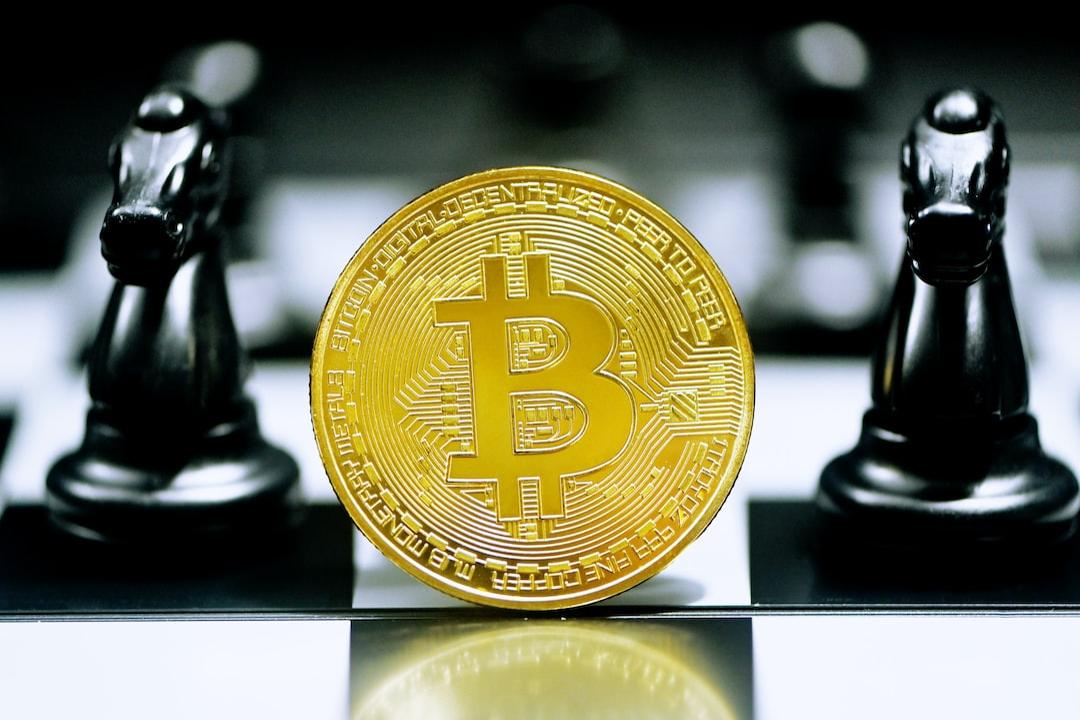Andre Cronje, the creator of the Fantom network, has expressed his support for the Solana network despite recent transaction failures. Cronje, who is widely regarded as one of the most influential figures in decentralized finance (DeFi), believes that the congestion issues experienced by Solana are a result of the network’s rapid growth and increased demand for block space, rather than flaws in its consensus mechanism.
According to data from Dune Analytics, approximately 75% of non-vote transactions on Solana failed on April 4, driven by a surge in activity related to the memecoin craze. However, Cronje argues that the data is often misunderstood and that the network should be seen as a victim of its own success.
The recent transaction failures on Solana led to an outcry from users on social media, who complained about the degraded user experience. However, many members of the community supported Cronje’s perspective, highlighting that increased demand and temporary issues should be expected in a technology that is praised for its underlying principles and capabilities.
Solana CEO Anatoly Yakovenko expressed his frustration, noting that addressing congestion bugs is more challenging than dealing with total liveness failure. While the latter requires identification and patching, congestion bugs involve a lengthy testing process and the release of updates, which can hinder rapid deployment.
This is not the first time Solana has experienced downtime. In early February, the network suffered a significant outage that halted block production on its mainnet for over five hours. Since January 2022, Solana has faced multiple outages, and a postmortem report by Anza, a Solana-focused software development firm, revealed that a bug in the Just-in-Time (JIT) compilation cache was the cause of the recent outage.
Despite these challenges, Solana’s token, SOL, has performed well in the market, with a 45% rally in March. However, it has experienced a minor setback in the past week, falling around 3% and slipping to the fifth-largest cryptocurrency by market capitalization.
In related news, a team of white hat hackers called “SEAL 911” has been formed to combat crypto hacks in real time.

